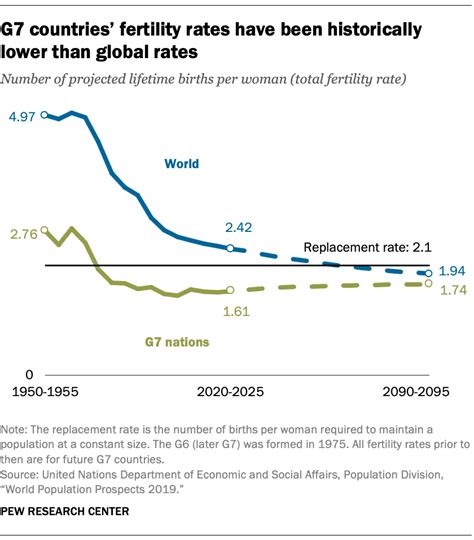The discussion around global birth rates sparks a series of compelling arguments and insights into the very fabric of our society. One interesting perspective revolves around the traditional views on population growth and the necessity of having more babies. While some point to the economic benefits and workforce sustainability that come with a larger population, others question the validity of such arguments in the modern world. The shift towards individualism and the prioritization of personal choices over societal obligations has redefined the narrative around parenthood and family structures.
Furthermore, the correlation between declining birth rates and the challenges in sustaining pension systems and elderly care sheds light on the intricate balance within societies. As the workforce shrinks and the elderly population grows, concerns arise about the long-term viability of support systems. The need for young people to care for their aging parents highlights the intergenerational dynamics that underpin social welfare.
Amidst these discussions, the concept of societal contributions versus personal desires emerges as a central theme. While some advocate for pro-natalist policies and incentives to encourage childbearing, others emphasize the importance of individual choice and the quality of life for both parents and children. The ongoing debate underscores the complexity of balancing public welfare with personal freedom in shaping demographic trends.
Moreover, the impact of declining birth rates extends beyond economic implications, delving into existential questions about the value of life and the role of individuals in the broader tapestry of humanity. Discussions on evolution, free will, and social contracts add layers of philosophical introspection to the demographic discourse, prompting reflections on the fundamental aspects of human existence.
As we navigate this era of demographic transition and societal evolution, the conversations surrounding birth rates offer a profound glimpse into the intricacies of human behavior, societal structures, and the interconnectedness of global challenges. From reimagining the dynamics of family and community support to redefining the notions of success and contribution, the dialogue on declining birth rates opens doors to reevaluate our priorities and responsibilities in shaping the future of our world.


Leave a Reply